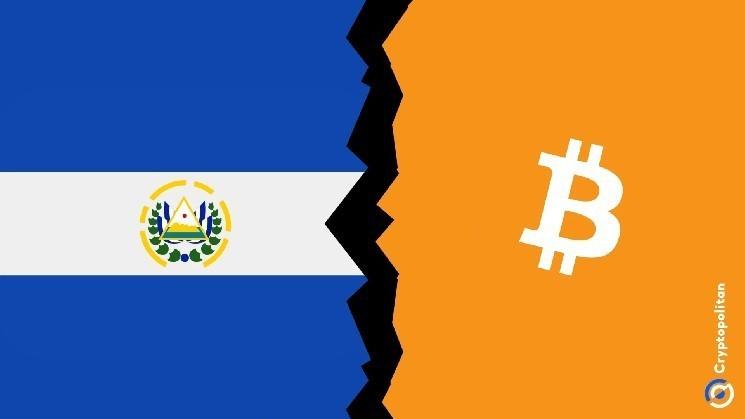The Truth Behind El Salvador’s Alleged Bitcoin Purchases: Unraveling the IMF Controversy
In a groundbreaking move in 2021, El Salvador made history by adopting Bitcoin as legal tender, aiming to diversify away from the US dollar and mitigate the high costs associated with traditional money transfers. This decision was accompanied by a series of initiatives, such as the introduction of the Chivo Wallet, the installation of Bitcoin ATMs, plans for a tax-free ‘Bitcoin City,’ and the issuance of ‘Volcano Bonds’ to bolster its digital transformation efforts.
However, recent revelations from an IMF report have cast doubt on El Salvador’s purported Bitcoin acquisitions. The report suggests that the country had not conducted any new public Bitcoin purchases for several months, raising concerns about the transparency and accuracy of the government’s public statements.
IMF Report Contradicts Government Claims
The International Monetary Fund’s findings contradict the official narrative put forth by the Salvadoran government regarding its ongoing Bitcoin purchases. While the government had previously claimed to be actively acquiring Bitcoin as part of its digitalization strategy, the IMF report indicates otherwise, highlighting a significant gap between public statements and actual actions.
Implications for El Salvador’s Economic Strategy
The discrepancy between El Salvador’s stated Bitcoin purchases and the IMF’s findings raises questions about the country’s economic strategy and its commitment to financial transparency. If the allegations of faked Bitcoin purchases are substantiated, it could undermine confidence in El Salvador’s digital transformation efforts and its credibility on the global stage.
Expert Analysis from Sam Boolman, ChainIntel’s Lead Analyst
According to Sam Boolman, ChainIntel’s lead analyst, the controversy surrounding El Salvador’s alleged Bitcoin purchases underscores the importance of accountability and transparency in the crypto space. Boolman notes, ‘While El Salvador’s embrace of Bitcoin was hailed as a bold move for financial inclusion, the lack of clarity around its cryptocurrency acquisitions raises red flags for investors and regulatory bodies alike.’
The Road Ahead for El Salvador
As El Salvador navigates the fallout from the IMF report, the government faces mounting pressure to address the allegations of fake Bitcoin purchases and provide clarity on its digital asset holdings. The outcome of this controversy could have far-reaching implications for El Salvador’s reputation as a crypto-friendly nation and its standing in the global financial community.
Ultimately, the truth behind El Salvador’s alleged Bitcoin purchases will not only shape the country’s economic trajectory but also serve as a litmus test for other nations exploring similar digital currency initiatives.


